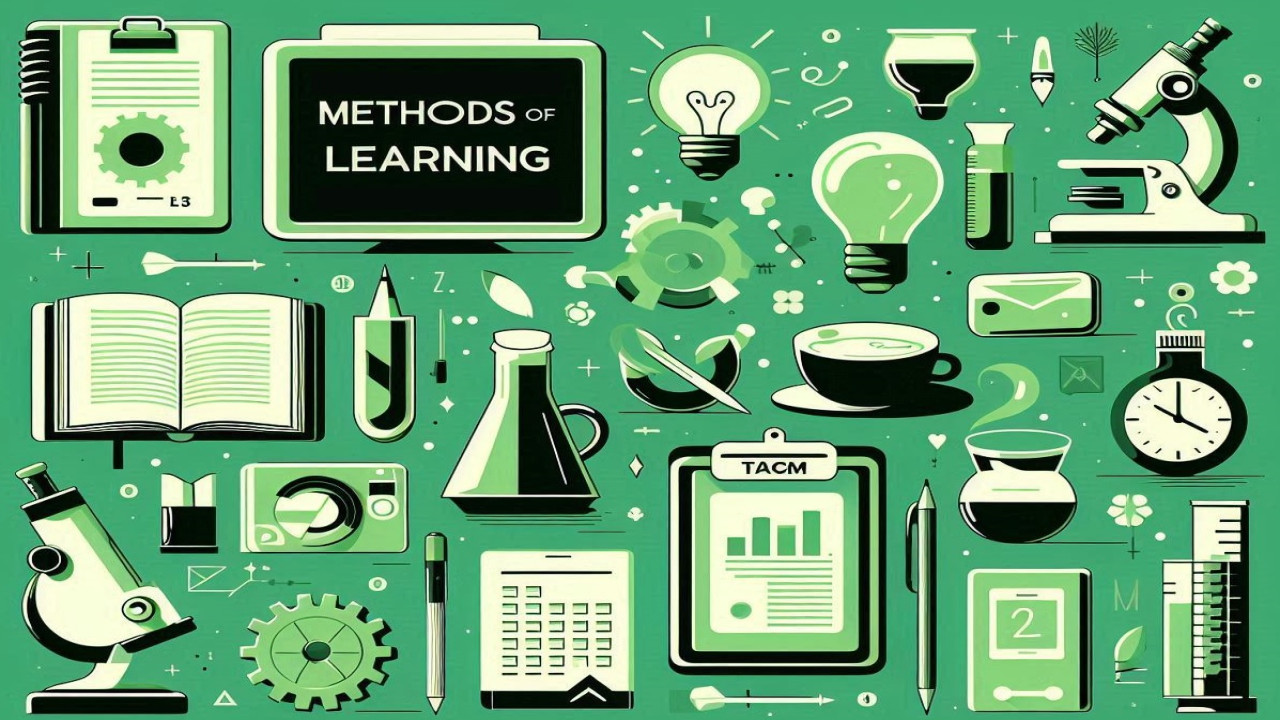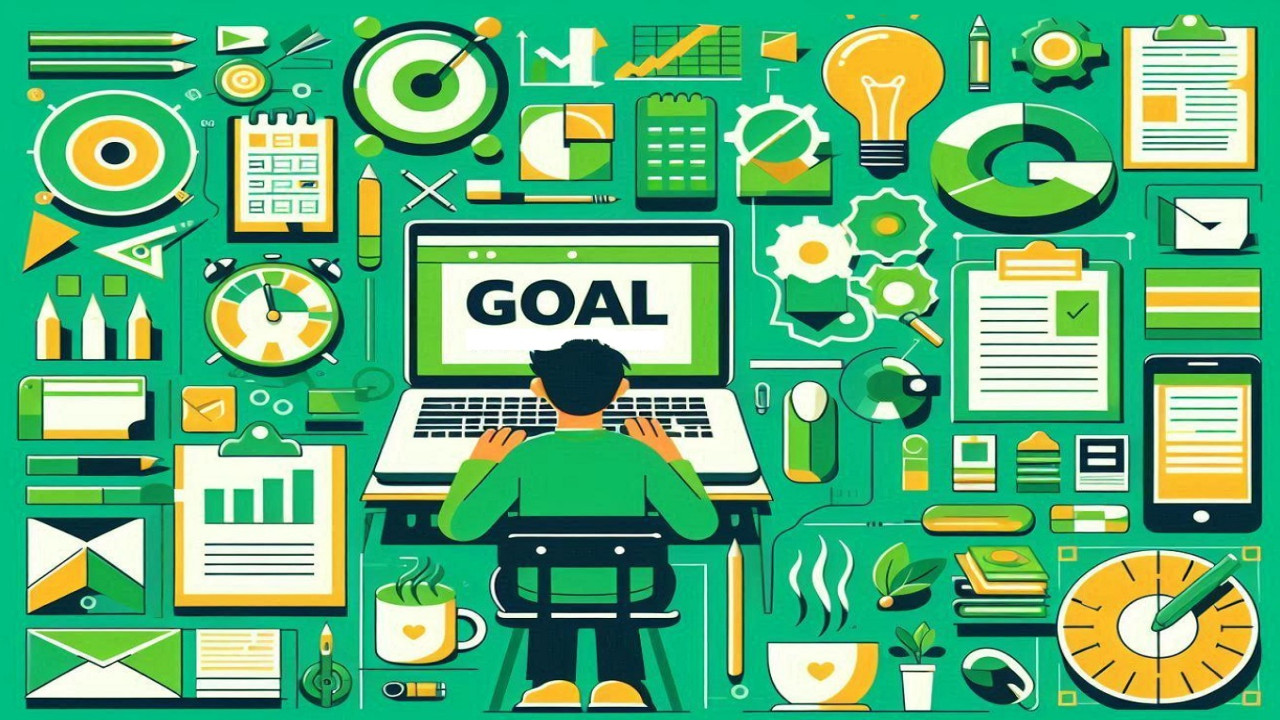Divide and Conquer! - Why you don't climb the whole mountain in one go
"Divide et impera – Divide and Conquer"
This wisdom was allegedly first mentioned in 1532 by the Italian Niccolò Machiavelli in his book The Prince. Nearly 500 years later, this principle is still in use—whether in app development, business management, or achieving personal goals. It is always advisable to break a big goal into smaller, more manageable steps.
"I was born with an urge to rush"
— Shoreline - Bent/Broken
We live in a world that often prioritizes speed over sustainability. "Hustle harder" is the mantra for many, but constant high performance almost always leads to burnout. Successful people know that finding the right rhythm is crucial.
If you have an ambitious goal—whether it's building a business, learning a new skill, or improving your finances—it can be tempting to want to achieve everything at once. However, this often leads to frustration.
This is where the principle of "Divide and Conquer" comes into play. This concept helps you break down big challenges into smaller, manageable steps, allowing you to be more productive, creative, and successful in the long run.
A Shift in Perspective: The Value of Breaks and Distance
Have you ever tried to climb a mountain in one go? At first, the steps may feel easy, you’re full of energy and motivation. But over time, each step becomes harder, the air gets thinner, and exhaustion clouds your vision. You lose the joy of the journey. And when you finally reach the summit, you’re so drained that you can hardly enjoy the moment.
Wouldn’t it be much better to climb the mountain in stages? To take breaks, breathe, and enjoy the view? To still have energy left when you reach the top? Perhaps, along the way, you even find inspiration for your next project.
Why Breaks Are So Important
- Recharge Your Batteries: Continuous effort leads to mental and physical exhaustion. Regular recovery ensures long-term performance.
- Gain New Perspectives: Distance from work helps you see problems more clearly and come up with creative solutions.
- Make Better Decisions: The common advice "Sleep on it" is well-founded. Even short breaks and a bit of distance can improve decision-making.
- Enjoy the Present: What’s the point of financial success if you never take the time to enjoy life?
Your Path to Sustainable Success
Theory is one thing, but how can you practically apply this principle in your life? Here are some proven strategies to help you achieve your goals efficiently and with less stress.
- Set Milestone Goals: Instead of saying, "I want to build a successful business," say, "This month, I will conduct a solid market analysis."
- Schedule Intentional Breaks: Allow yourself time to reflect and recharge—whether through exercise, walks, or meditation.
- Learn to Delegate: Let go of tasks that don’t serve you or drain too much energy.
- Focus on What’s Essential: Avoid distractions. Prioritize what’s important for your project and put your smartphone away. Use productivity techniques like the Eisenhower Matrix or tools like the Pomodoro Timer.
- Celebrate Small Wins: Every milestone reached is a reason to celebrate and keeps you motivated.
- Stay Flexible: Sometimes, the weather changes—both on the mountain and in life. Be ready to adjust your path.
Conclusion: The Summit Is Not the Only Goal
Ultimately, it’s not just about reaching your goal but also about shaping the journey consciously. Those who plan wisely, take breaks, and celebrate small wins stay motivated and productive. So, set realistic milestones, find your own rhythm—and enjoy the climb!








Comments (0)